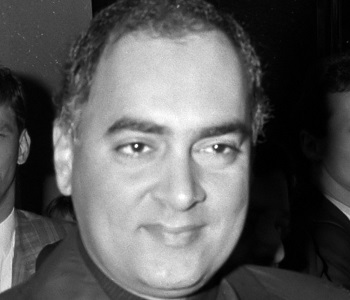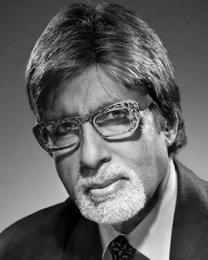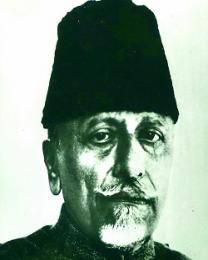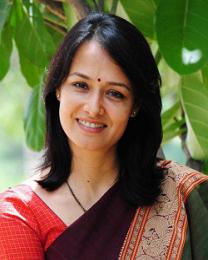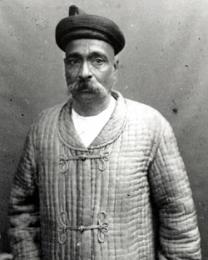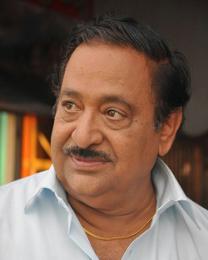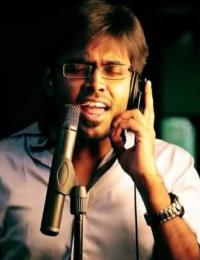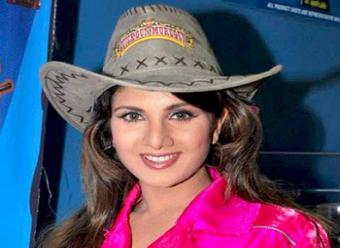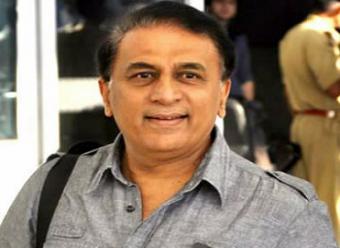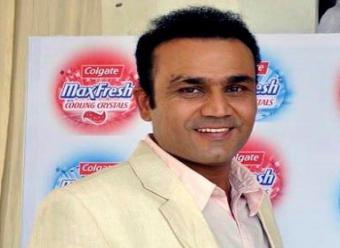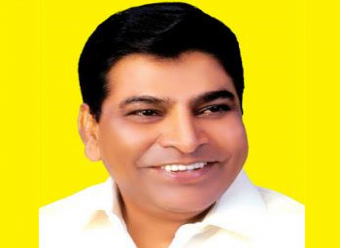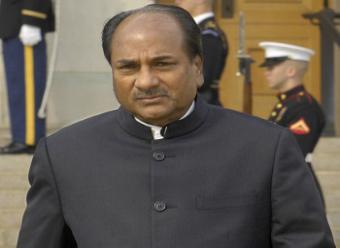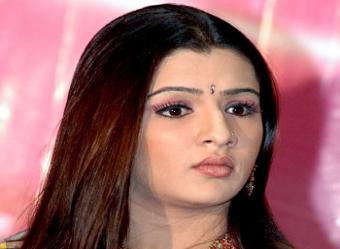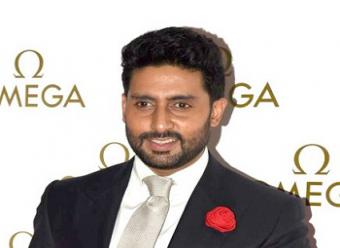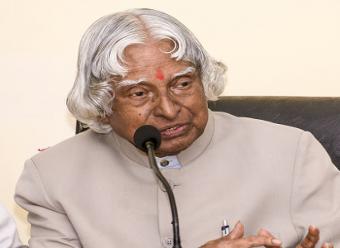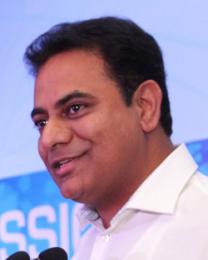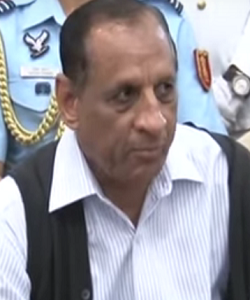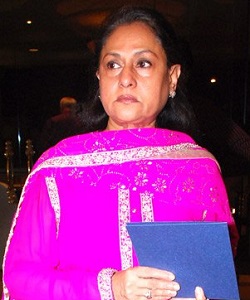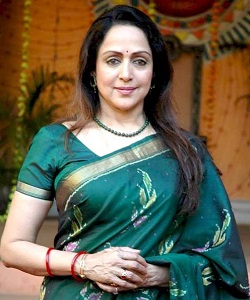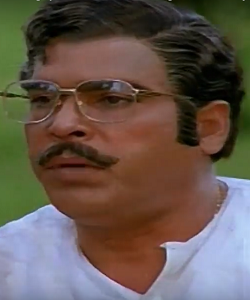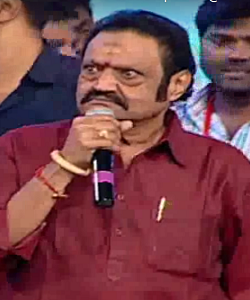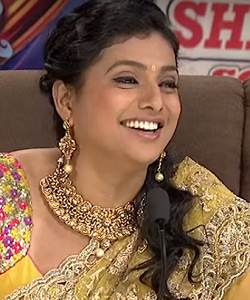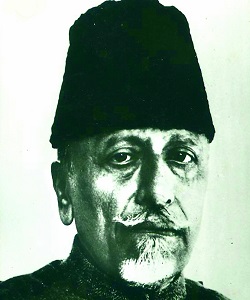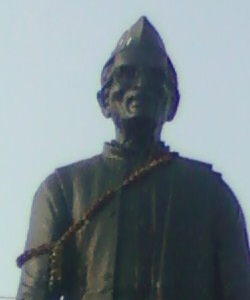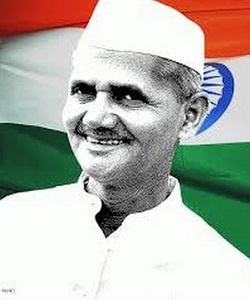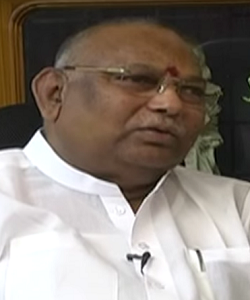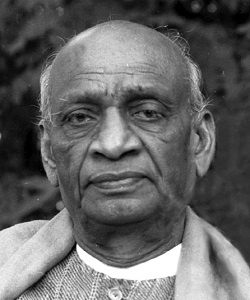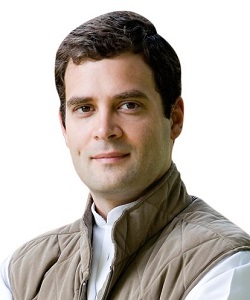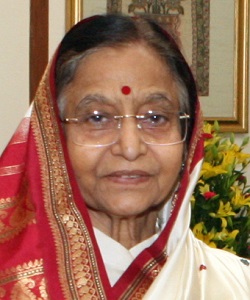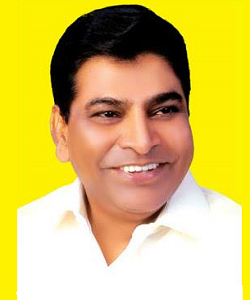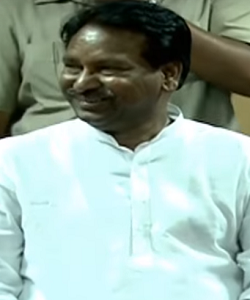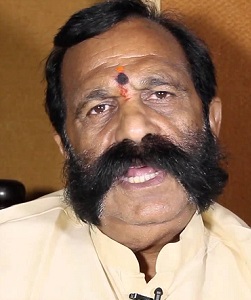Birth Name : Rajiv Gandhi
Date of birth : 20/08/1944
Place of birth : Mumbai, Maharashtra, India
Category : Politicians
Child Hood & personal Life
Feroze Gandhi had a heart attack in 1958, the family reconciled briefly before Feroze died from a second heart attack in 1960. At the time of his father's death, Rajiv was away at a private boarding school The Doon School, in Dehradun, Uttarakhand. He was sent to London in 1961 to study his A-levels. In 1962, he was offered a place at Trinity College, Cambridge, to study engineering. Rajiv stayed at Cambridge until 1965, but did not complete his degree. In 1966, he was offered and took up a place at Imperial College London, but after a year left that course without a degree. Rajiv began working for Indian Airlines as a professional pilot while his mother became Prime Minister in 1966. He exhibited no interest in politics.
Political Entry
After death of his younger brother 'Sanjay Gandhi' in 1980. Rajiv Gandhi was pressured by Indian National Congress party politicians and his mother to enter politics, but he opposed the idea. Finally he entered in politics. His entry was criticized by many in the press, public and opposition political parties. Rajiv also became member of the Asian Games Organizing Committee in 1982 with his close friend and then sports Minister Sardar Buta Singh as president of the committee. He fought his first election from Amethi Loksabha seat and defeated Sharad Yadav. Elected to Sanjay's Lok Sabha constituency of Amethi, it was widely perceived that Indira Gandhi was grooming Rajiv for the prime minister's job, and he soon became the president of the Youth Congress, the Congress party's youth wing.
Political Career
In 1984 he became the Prime Minister of India. Rajiv Gandh improved mutual relations with the United States and expanded economic and scientific cooperation and also he increased government support for science and technology and associated industries, and reduced import quotas, taxes and tax on technology-based industries, especially computers, defense, airlines, and telecommunications. In 1986, Rajiv declared that a National Policy on Education to Improve and expand higher education Programs in India. In 1986, he established the Jawahar Navodaya Vidyalaya System, which is a Central government based institution that concentrates on rural areas sections and provides free residential education from 6th till 12 grades.
Sri Lankan Prime Minister 'Ranasinghe Premadasa' opposed the Indo-Sri Lanka Peace Accord, but accepted it due to pressure from then President 'Junius Richard Jayewardene'. In 1987, When he was inspecting guard of honour in Sri Lanka, he was attacked by a Sri Lankan soldier Vijitha Rohana de Silva of Naval rating. His own agility and Indian Special Protection Group saved Rajiv from that brutal attack.
On 2 December 1984, in the worst ever industrial accident in world history, a chemical leak from the Union Carbide plant caused over 16,000 claimed deaths and left more than half a million injured. The CEO of Union Carbide Warren Anderson was arrested on manslaughter charges by the Indian authorities but later allowed to post bail and escape to the US, after which he refused to return to India despite various extradition efforts. It was speculated that Rajiv advised the then chief minister of Madhya Pradesh 'Arjun Singh' to aid in the escape of Anderson. In 2010, the district magistrate of Bhopal came out with the statement that the judiciary and police were advised to provide bail to Anderson and to escort him safely to a government plane.
Death
On 21 May 1991 Rajiv Gandhi attended last public meeting, in a village Sriperumbudur approximately 30 miles from Chennai, Tamil Nadu. At 10:10 pm, a woman approached Rajiv Gandhi in public and greeted him. She then bent down to touch his feet and detonated a belt laden with 700 grams of RDX explosives tucked under her dress. The explosion killed Rajiv Gandhi, his assassin and at least 25 other people. The assassination was caught on film through the lens of a local photographer, whose camera and film were found at the site. The cameraman himself died in the blast but the camera remained intact. Rajiv Gandhi's mutilated body was airlifted to the All India Institute of Medical Sciences in New Delhi for post-mortem, reconstruction and embalming. A state funeral was held for Rajiv Gandhi on 24 May 1991. His funeral was telecast live and was attended by dignitaries from over 60 countries. He was cremated on the banks of the river Yamuna, near the samadhis of his mother, brother, grandfather and Mahatma Gandhi. Today, the site where he was cremated is known as Vir Bhumi.


